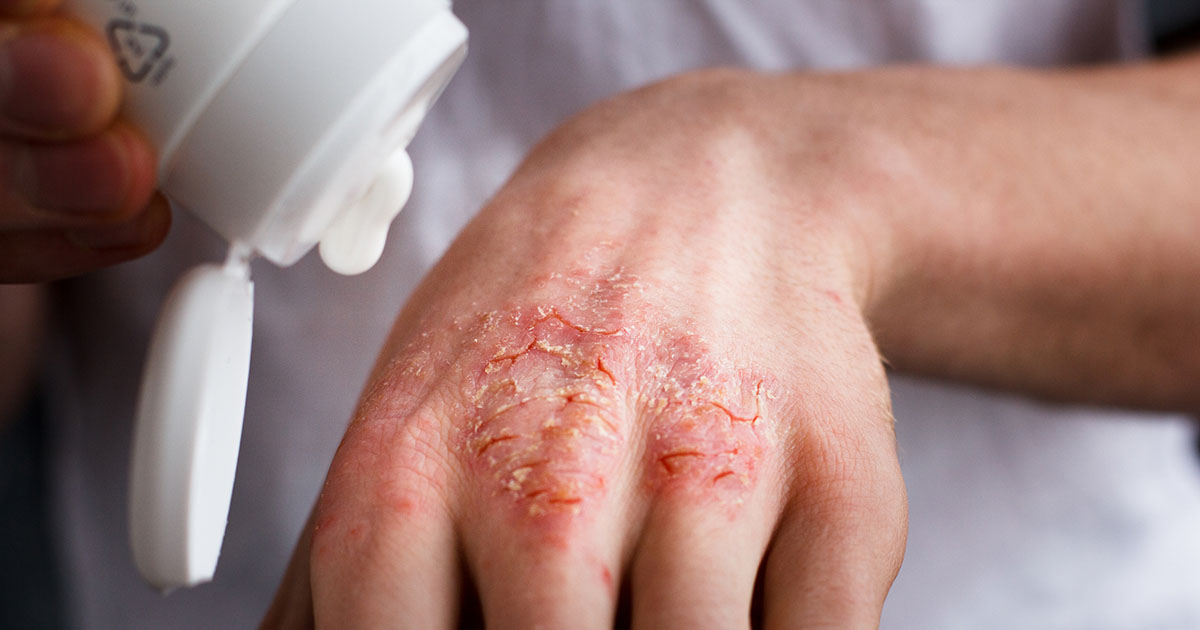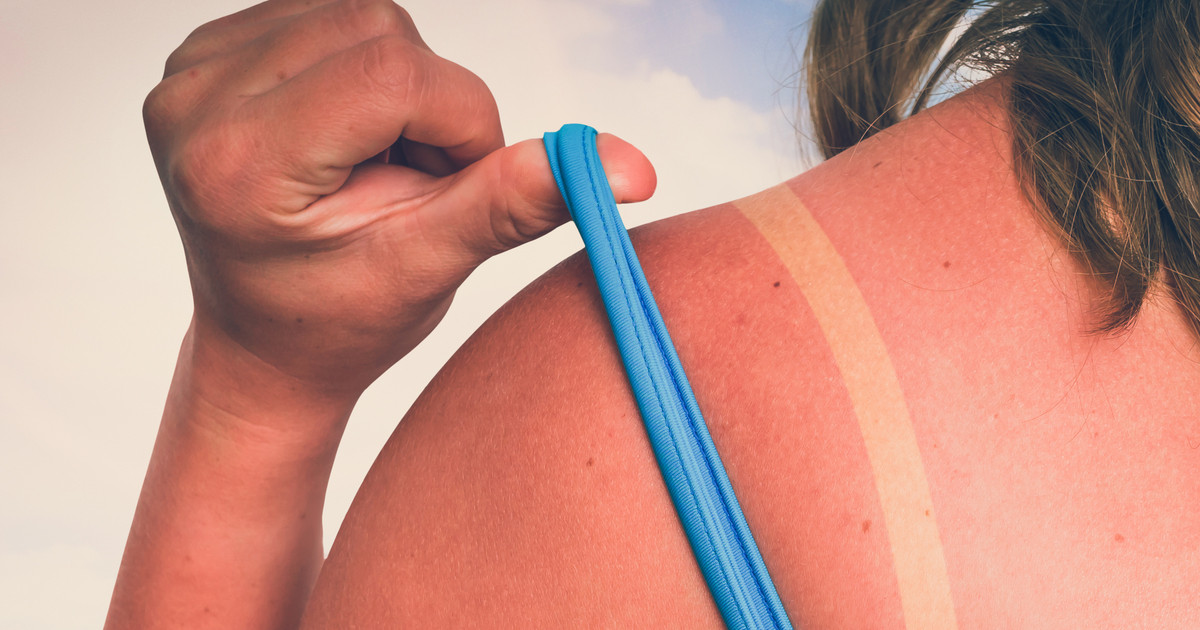Guide To Treating Common Skin Problems
Eczema

Eczema is a chronic skin condition that does not have a cure. However, there are available treatments, and many new treatments are in the research stage. The proper treatment will vary depending on the patient's symptoms, the severity of their condition, and specific eczema type. A dermatologist can help determine the best course of action. Individuals can purchase over-the-counter remedies and make certain lifestyle changes, and their doctor can prescribe medications as well.
The first step to treating eczema effectively is to know what triggers flare-ups so that patients can address it. Eczema patients need to have a routine for moisturizing their skin. Moisturizing after showering is often helpful, since the shower can dry the skin. Individuals should use both over-the-counter and prescription medicines consistently according to the guidance of their doctor. They should also monitor existing flare-ups for any signs of infection, such as heat or pus. When symptoms do occur, patients must avoid scratching their itchy skin. It is also ideal for them to avoid touching items that may cause skin irritation. While not everyone can avoid flares entirely, doing these things helps make the condition more manageable.
Sunburn

Sunburns can be very painful and increase an individual's risk of skin cancer. Preventative measures like sunscreen are essential. If individuals do get a sunburn, though, there are treatments. It is best to begin treating an affected area immediately instead of waiting. Individuals must make sure that they stay indoors, or at least stay out of the sun. They can take a cool shower or bath to ease the pain of the burn. Moisturizers are also essential, as the skin can become dry and cracked. A moisturizer with soy or aloe vera is ideal for sunburns because these ingredients help soothe the skin.
Individuals can use over-the-counter pain medication, such as ibuprofen, to ease the pain and reduce inflammation and swelling. It is also a good idea for individuals to drink more water, as sunburns cause fluid to be drawn toward the skin and away from their body. When the sunburn is bad enough to blister, individuals should not pop the blisters. Instead, they must allow them to heal naturally. Blisters are the skin's natural defense against potential infection.
